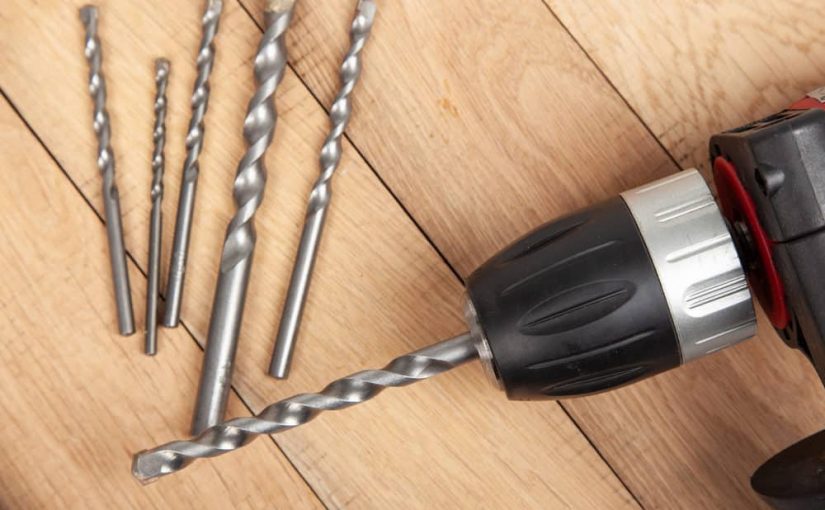Can you use a regular, run-of-the-mill drill bit for your next concrete project? While there’s nothing stopping you from trying, you’re about to discover that it’s a rather hard task – and the masonry or concrete drill bits that will make light work of what you’re doing will only cost a few bucks.
On the other hand, persevering with your non-concrete drill bits is likely to ruin the bit and not even leave you with the clean and smooth hole you desire. That’s because concrete drill bits are typically made of tungsten carbide, an exotic and super-powerful composite that makes drilling into concrete, block, stone and other super-tough, super-hard materials almost like butter.
However, it must be noted that there are various different basic types of concrete drilling bits – and even the handiest people among us can be totally oblivious about what they are and how they perform their drilling prowess. The specialist type of drill for concrete is also different, as those with a hammer or pulsating effect – a rotary hammer or an impact drill – are much more effective for drilling into concrete. These drills will also feature hardened heads.
Today, though, we’re taking a deep dive into the typical unique features of specialist concrete drill bits – so let’s ‘drill’ down into the details with no further hesitation:
Need help? Enquire about our Melbourne concrete drilling services!
1. SDS
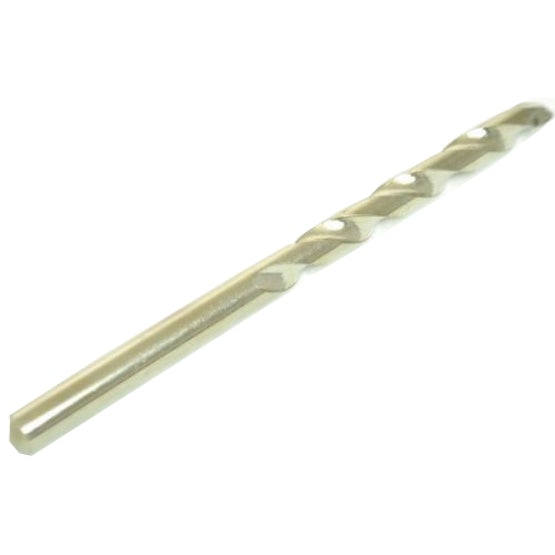
It stands for Slotted Drive System and is widely deployed when impact is a must to carve into hardened concrete and other particularly demanding masonry materials.
The ‘slot’ is at the end of the bit’s shank – which ‘slots’ into the SDS drill’s chuck and then firmly locks into place, ready to be securely hammered and twisted into the concrete. In contrast, a regular hammer drill sees the entire chuck move back and forth, while the slotted system is much more focused and efficient by enabling only the bit to move with the application of normal levels of pressure.
2. Hexagonal shank
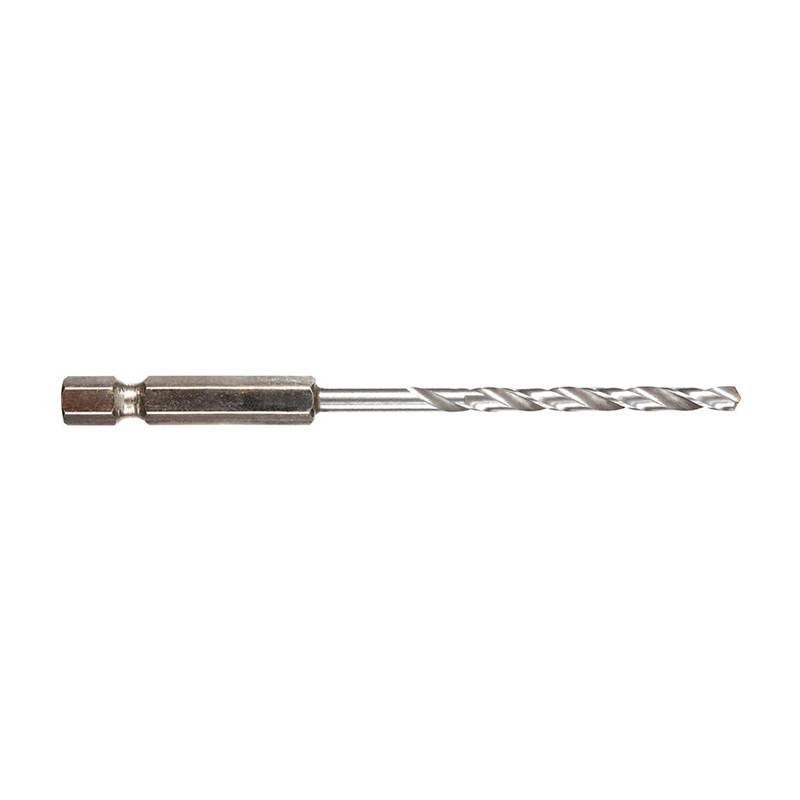
Run-of-the-mill drill bits typically feature a fully cylindrical shank. But for the tough job of carving into concrete and other very hard materials, the shank profile is actually hexagonal. This means that when the bit is secured in the chuck, it’s much less likely to slide or move – especially when the loads really start to add up.
3. Tungsten carbide
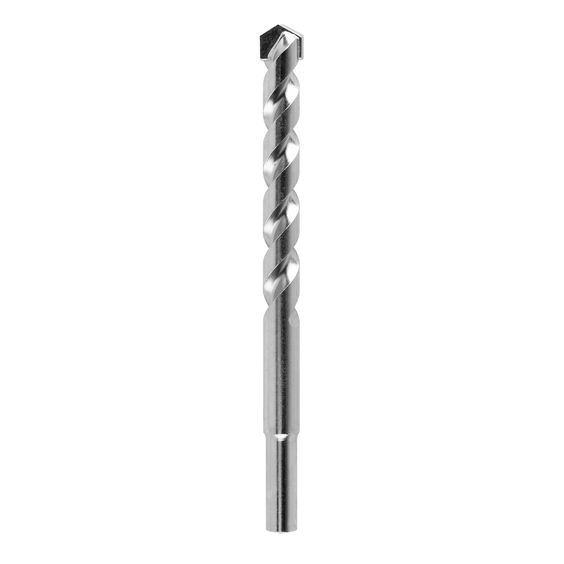
You’re right to think of your regular drill bits as made of ‘metal’ – but concrete drilling requires something a little more exotic. A primary reason for that is not just strength, but the ability to withstand excessive heat. The carbide – made by combining carbon and rock-hard tungsten – is most importantly present on the tip, giving it an incredibly high melting point and the ability to be used over and over and over again.
4. Profiled tip
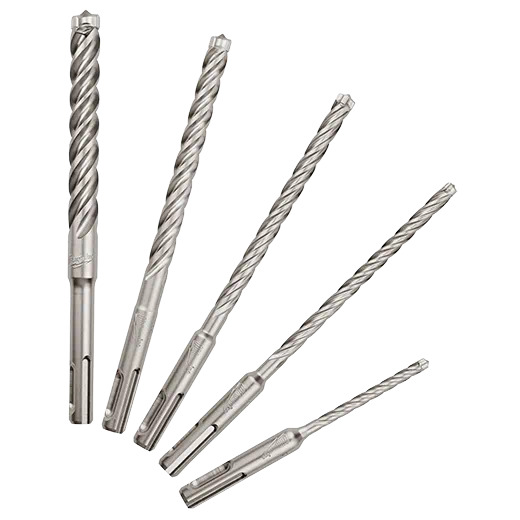
The tip itself, as well as the shaft and the shank, is fairly similar to the familiar twist drill bits. The difference is in the detail of the tip profile, featuring special flutes that are designed to clear the dust that typifies concrete drilling. The tip profile is also crafted for the actual drilling, enabling the bit to wield the full power of the drill to efficiently bite into even extremely hardened concrete and masonry.
At Hard Core VIC, concrete drilling is our thing
Need to know more about the right drill bits for concrete to suit your precise needs and application? At Hard Core VIC, we couldn’t possibly know more about how to quickly, effectively and efficiently drill into masonry, stone, brick and every type of concrete. There are rotary percussion bits to explore, double-flute for double-fast drilling, and a lot more besides. We serve all of metro Melbourne and beyond and our online quote and booking system couldn’t possibly be easier, so get in touch with Melbourne’s concrete cutting and drilling specialists at Hard Core VIC today.
